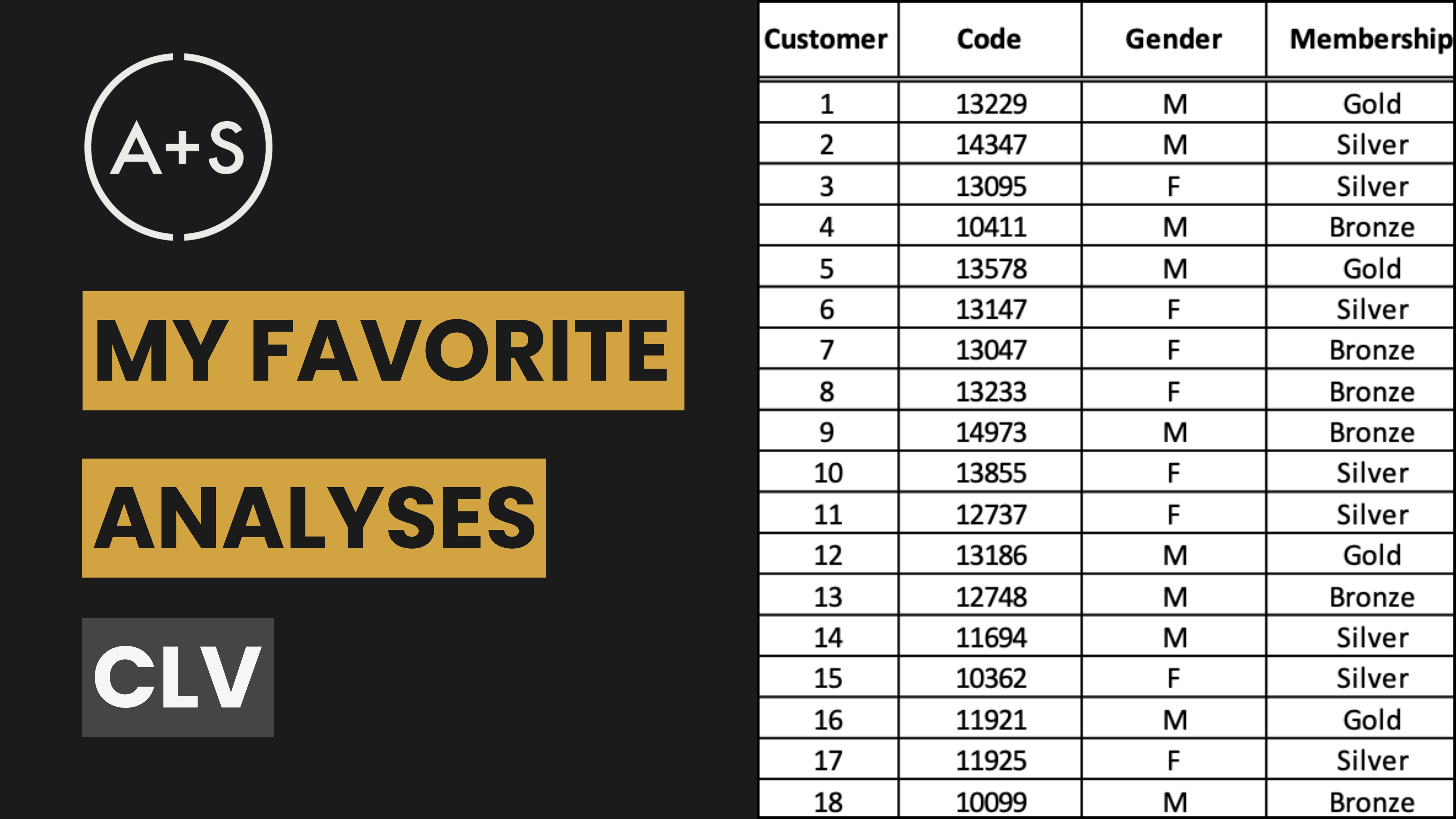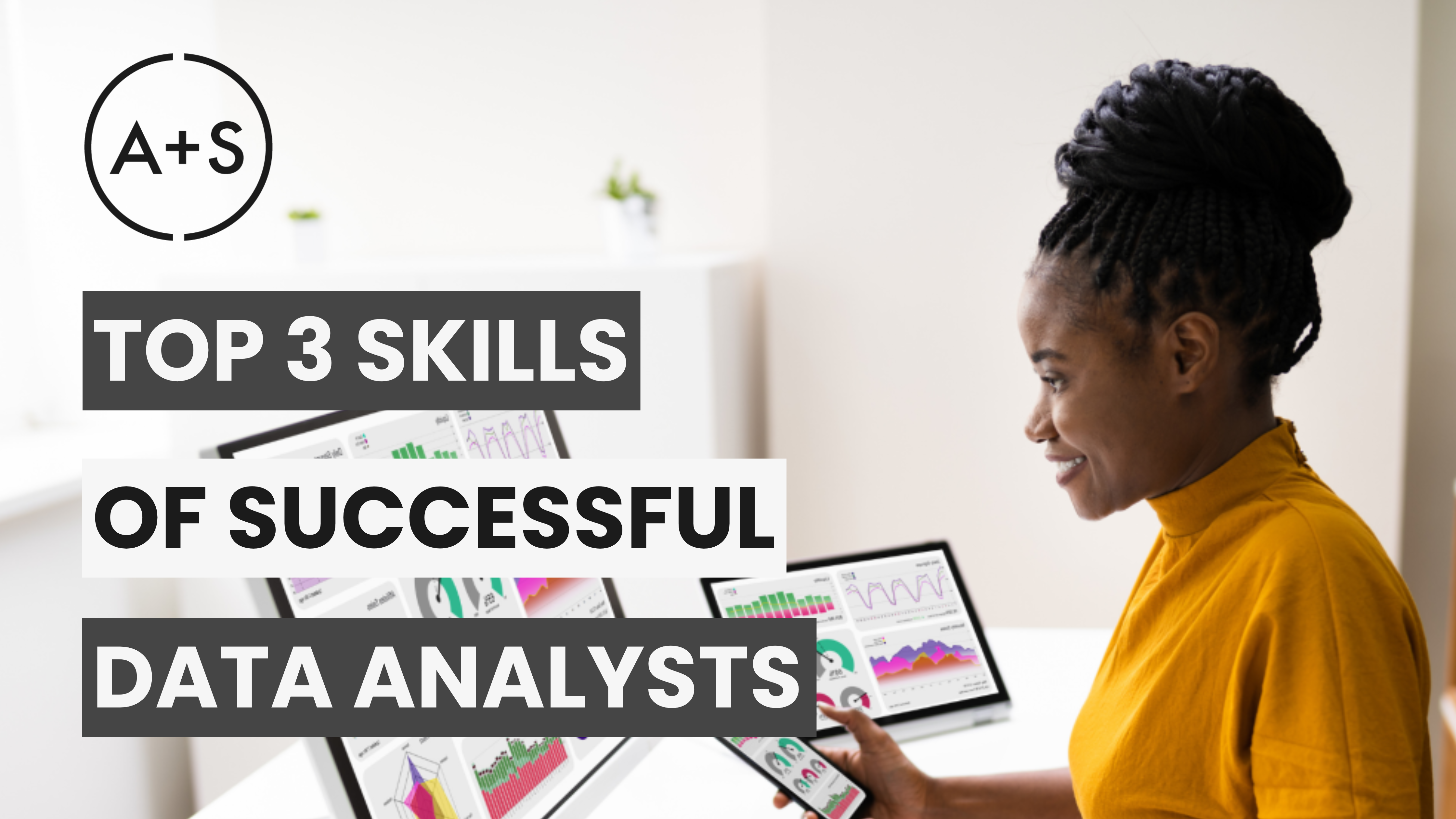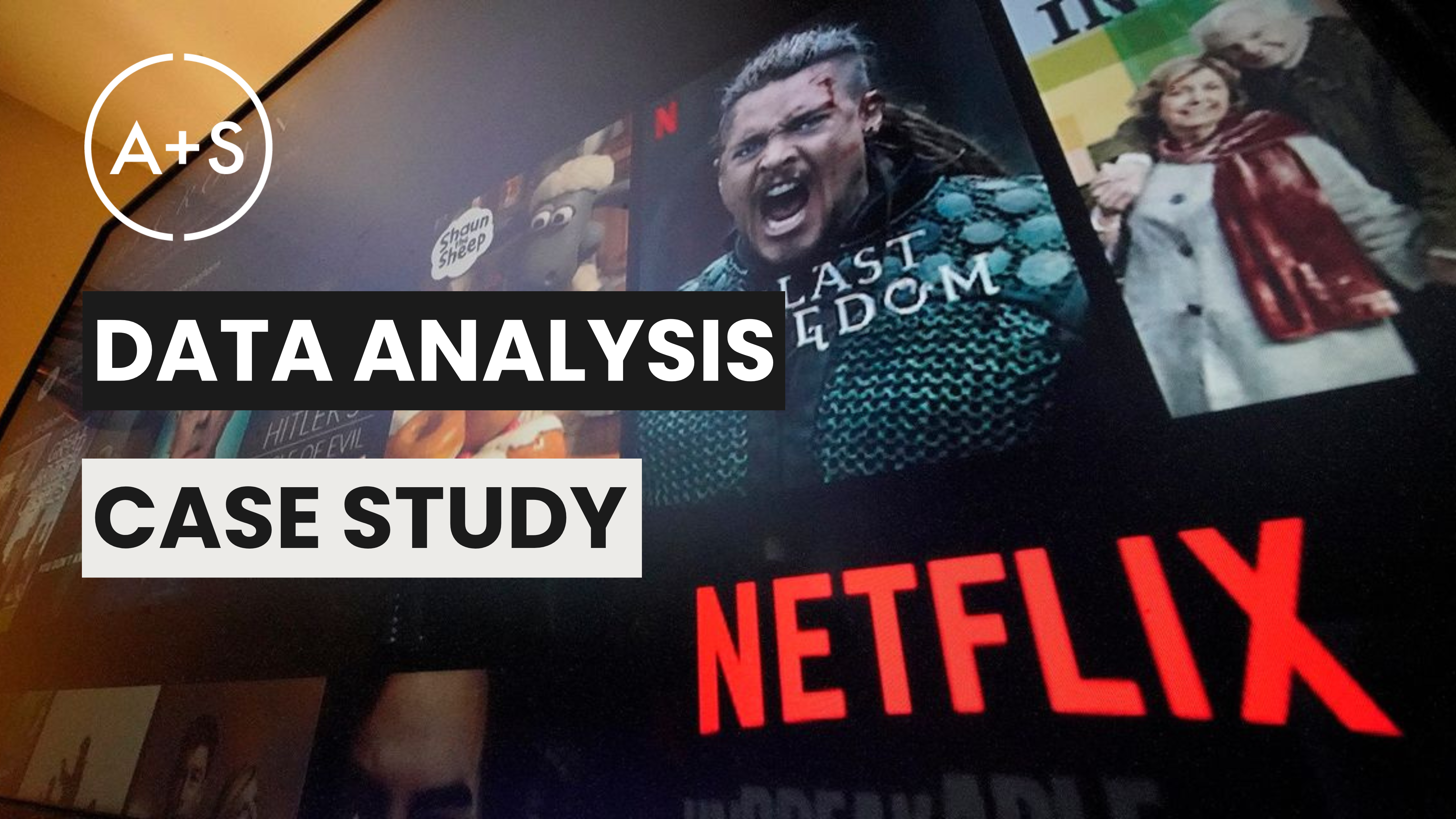If you have one hour to invest in becoming a better Data Analyst, spending those precious 60 minutes improving your SQL skills would be one of the least effective things you could do.
This doesn’t mean that you’ll never have to use code-based tools in your work as a Data Analyst. You most definitely will. They are an inextricable part of working with data. You’ll need code-based tools for many reasons, like manipulating extremely large datasets (all of us here are familiar with Excel’s size limitations, right?) and conducting sophisticated analysis techniques that can be done more efficiently in R or Python (take one look at this guide for conducting conjoint in Excel and tell me you wouldn’t rather get it done with a few lines of R code!).
The question of how thoroughly a Data Analyst should learn to code is a very important one today. Generative AI’s march through our professional and personal lives has trodden over many things we took for granted, like how filming locations are found, how music videos are made, and [how high schoolers do their homework](https://www.k12dive.com/news/artificial-intelligence-high-school-students/702228/#:~:text=Of the 46%25 of respondents,arts and social studies assignments.). Some of that disruption has been positive (although like anything with GAI it’s complicated) and some of it, quite obviously, has had costly consequences.
One of the places I see the most potential for GAI in the business world is in the elimination of mundane and tedious tasks. Coding, frankly, is a mundane and tedious task. And it’s hard to do well. We are living in a time of great transformation and Data Analysts are caught square in the middle of that change. Future analysts will code with guidance from a LLM. In fact, the rapid advancement of Natural Language Processing means that analysis tools will be driven by natural language requests (”Generate a report showing the average number of items purchased by our customers in the past month, grouped into CLV deciles, with the highest CLV decile appearing first and the lowest appearing last.”) rather than code itself.
It’s understandable that people have a certain pridefulness in learning to code well. That comes from the time they invested in their craft. You’ll find estimates for how long it takes to learn Python coming in around 6 months to get the fundamentals squared away to 12 months of focused study in order to become “job ready”. If you’ve mastered SQL, Python, or R you’ve earned the right to take pride in that accomplishment. But don’t let that pride prevent you from evolving with the times. And if you haven’t mastered a code-based tool and are looking to the Data Analyst community for direction on whether or not you should, don’t confuse the noise of resistance for the voice of advice.
If you have the time and inclination to master a coding language then you’ll have an advantage over someone who hasn’t achieved your level of skill. But the reality is that the advantage you hold can be easily negated by another Data Analyst who has a functional understanding of R and has sharpened other skills, including their ability to code using GAI.
(prompts + problem identification + storytelling) > (SQL + R + Python)
Here are four things you can do with the hour you invest in your skills instead of learning to code:
-
Get more familiar with statistics: The principles of statistics underlie every aspect of data analysis. The more familiar you are with stats, the easier it will be to find patterns in data and explain your analysis. Here’s a resource that can help.
-
Learn the ins-and-outs of an IDE: An integrated development environment (IDE) tool is the visual interface for coding. It simplifies and streamlines the process of conducting data analysis in SQL, R, Python, and any other programming language. When you understand the IDE, you’ll use these tools much more effectively. Here’s where to start.
-
Practice coding with a LLM: Large language models (LLM) like ChatGPT have changed the way we code forever. Embrace that change. Use a LLM to generate your code, explain errors codes you encounter, and fix your bugs. Here’s some help.
-
Become a better storyteller: Just like the science of coding, the art of data storytelling is complicated. But put simply, being a good storyteller is much more important than being a good coder. There’s a method to data storytelling I developed that I call the McCandless Method after studying the way British data journalist David McCandless presents visuals with such great effect. You can learn that method here.
The value of coding skills for data analysts is about finding balance. While traditional coding is important, it’s becoming less of a bottleneck for analysts’ development thanks to advanced tools and GAI. To stay ahead, focus on skills that help you utilize these tools effectively and build the stats and data storytelling abilities that will make you stand out. Embrace change and be innovative. Success is not defined by the tools you use, but how you use them.




